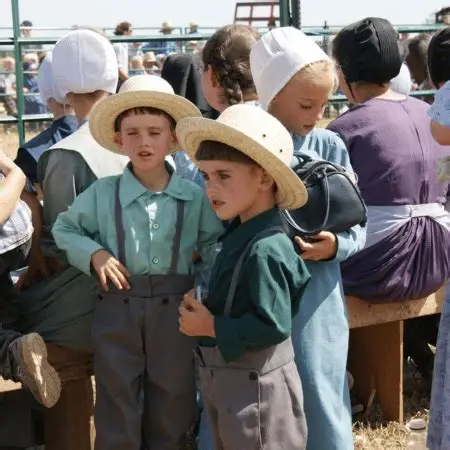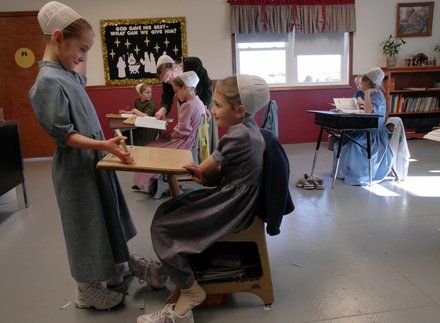Educational Programs at Amish Cultural Centers
Amish cultural centers play a vital role in preserving and sharing the heritage of Amish communities. Beyond exhibits, these centers offer educational programs that provide visitors with deeper insights into Amish history, daily life, craftsmanship, and faith. Participating in these programs allows travelers, students, and researchers to engage meaningfully with a culture that has thrived for centuries.
Hands-On Workshops and Demonstrations
Many Amish cultural centers feature hands-on workshops where visitors can experience traditional skills firsthand. Guests can learn quilting, woodworking, candle making, or baking using time-honored methods.
These workshops emphasize patience, attention to detail, and practical knowledge. Visitors leave with a tangible understanding of Amish craftsmanship and an appreciation for the skills passed down through generations.
Farming and Sustainability Programs
Agriculture remains central to Amish life, and educational programs often focus on traditional farming practices. Visitors can explore crop rotation techniques, animal care, and sustainable land management used by Amish farmers.
Some centers offer demonstrations of horse-drawn plows or other historical equipment. These programs provide insight into the connection between faith, hard work, and sustainability that defines Amish farming.
School Programs and Educational Tours
Cultural centers frequently host school groups, offering curriculum-aligned tours and interactive lessons. Students learn about Amish history, family life, religious beliefs, and community values through immersive activities.
Programs may include mock one-room schoolhouse experiences, reading exercises, or demonstrations of daily chores. These educational experiences help students understand a lifestyle that emphasizes simplicity, discipline, and cooperation.
Language and Cultural Learning
Some Amish cultural centers offer programs focused on language and communication. Pennsylvania Dutch, a dialect still spoken in many Amish communities, is often introduced to visitors through demonstrations, storytelling, or workshops.
Cultural programs may also cover social customs, etiquette, and traditional music. Understanding these aspects of daily life helps visitors appreciate the unique identity and cohesion of Amish communities.
Faith and Religious Education
Faith guides every aspect of Amish life, and cultural centers often provide programs to explain religious practices. Visitors can learn about adult baptism, worship services, hymn singing, and ethical principles such as humility and nonresistance.
Through interactive exhibits or guided discussions, guests gain a clearer picture of how religion shapes community norms, personal behavior, and social interactions in Amish society.
Seasonal and Special Event Programs
Many Amish cultural centers host seasonal programs to showcase festivals, harvest traditions, and holiday celebrations. Participants may observe or take part in activities such as barn raisings, quilting bees, or traditional cooking events.
These programs provide a unique opportunity to witness community life in action, highlighting cooperation, social bonds, and cultural continuity. Seasonal events also help visitors experience the rhythms and values that define Amish living.

Adult and Community Education
In addition to programs for students and tourists, some centers offer adult education workshops. These may focus on historical research, genealogy, or in-depth study of Amish crafts and practices.
Such programs support lifelong learning and encourage deeper engagement with Amish heritage. They also foster respect and understanding for a community that prioritizes education, skill development, and cultural preservation.
Conclusion
Educational programs at Amish cultural centers provide visitors with a rich, immersive experience. Through workshops, farming demonstrations, school tours, cultural lessons, and faith-based activities, participants gain insight into Amish life, values, and traditions. These programs not only preserve heritage but also foster understanding and appreciation for a community that has successfully maintained its identity for centuries. Engaging with these educational offerings ensures that the knowledge and practices of Amish society continue to inspire and inform future generations.



